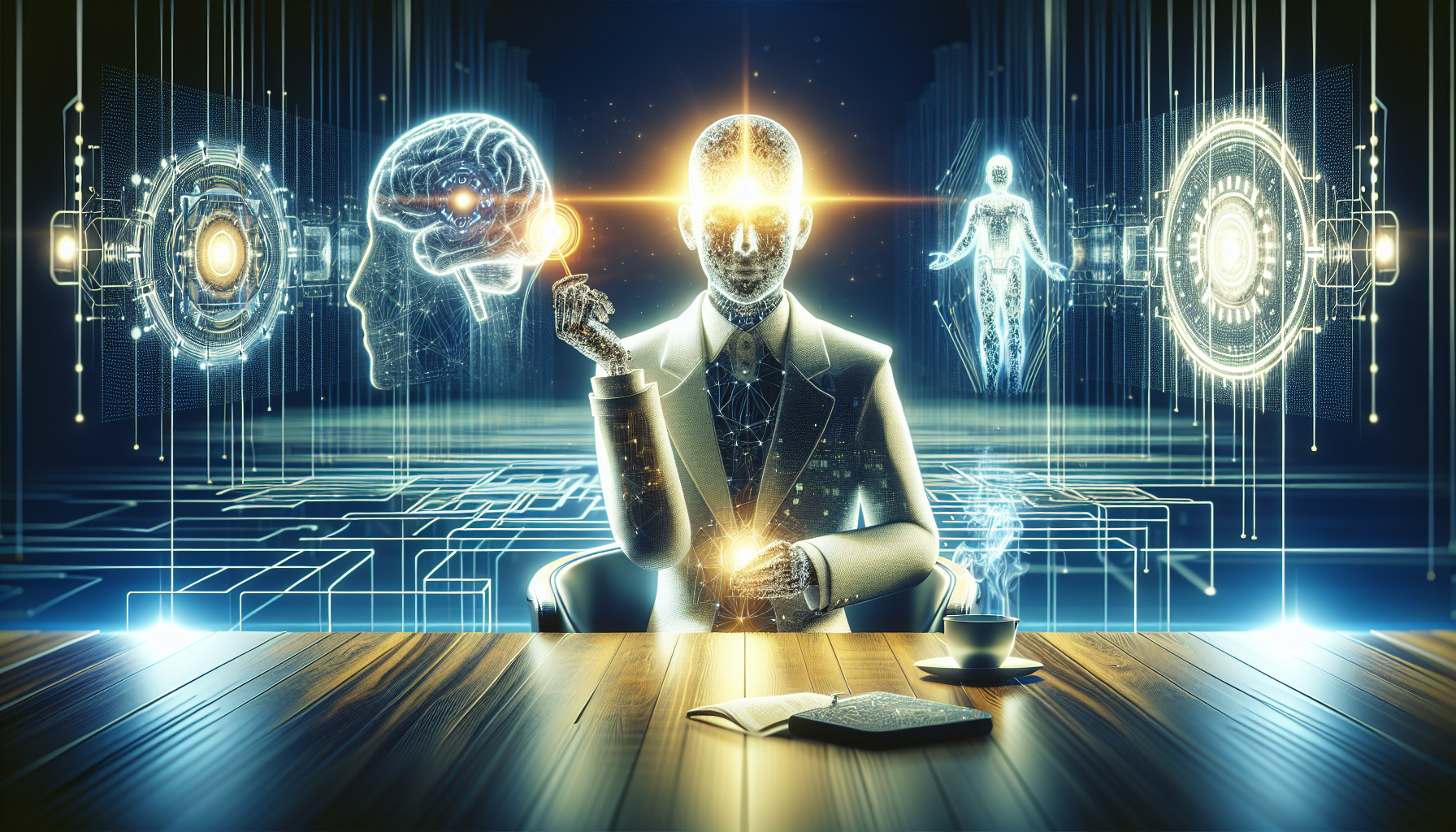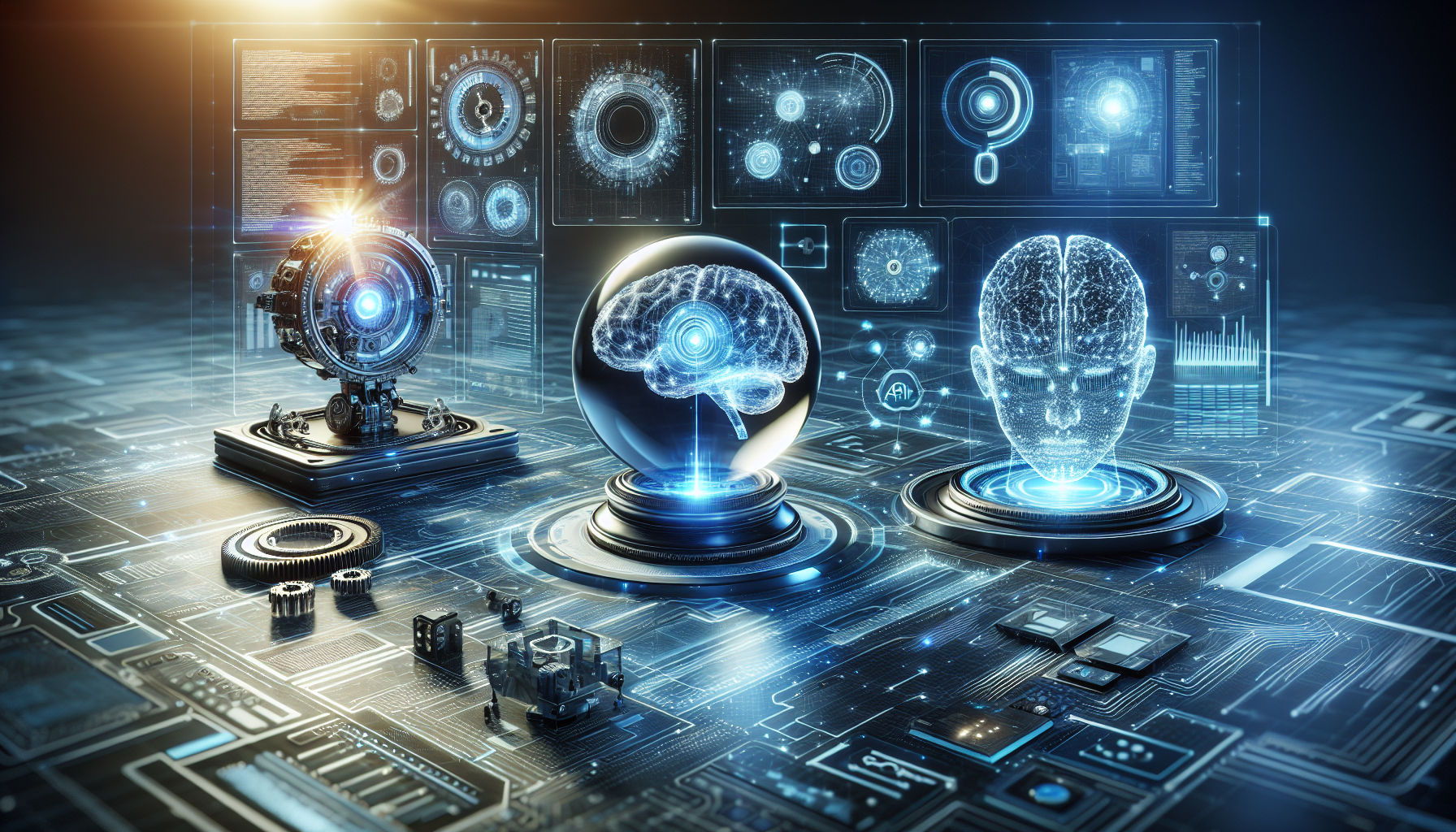
AI in Sports: Dispelling Myths to Reveal True Impact on Performance and Engagement
August 20, 2025
Artificial Intelligence is transforming the world of sports, but misconceptions often overshadow its true potential. Far from the dystopian scenarios some envision, AI's role in sports is fostering unprecedented advancements in performance and fan engagement. Let's debunk the myths and uncover how AI is genuinely reshaping the playing field and spectator experience.
One persistent myth suggests AI will replace human intuition in sports. Critics argue that relying on algorithms could undermine the spontaneity that makes sports thrilling. Yet, AI is not about replacing intuition but enhancing it. Coaches and athletes use AI to analyze vast amounts of data, uncovering patterns imperceptible to the human eye. By integrating this analysis with human insight, they refine strategies and decision-making processes. This symbiotic relationship allows athletes to reach new heights of performance without sacrificing the essence of human creativity and adaptability.
Another common misconception is that AI reduces the role of coaches and trainers. In reality, AI serves as an empowering tool, not a diminisher of human expertise. Advanced AI systems process player data—ranging from biometric readings to in-game movements—to provide coaches with deeper insights into their athletes' condition and performance. This data-driven approach allows coaches to tailor training regimens, manage workloads, and optimize recovery times more effectively. The result is not a replacement of human roles but an enhancement of their capabilities, enabling more personalized coaching that drives better outcomes.
The notion that AI's impact is limited to elite sports is also misleading. While top-tier teams may have been early adopters, AI is democratizing access to high-level analysis, offering grassroots and amateur athletes opportunities once reserved for professionals. Affordable AI-powered apps and devices are making it easier for individuals and smaller clubs to track performance metrics, analyze skills, and improve their game. This democratization of technology is nurturing a new generation of athletes equipped with the insights needed to excel.
Fan engagement is another domain where AI is dispelling myths. Some fear that AI-driven enhancements could detract from the authentic fan experience, turning it into a sterile, data-centric affair. On the contrary, AI enhances engagement by personalizing interactions and creating immersive environments. AI algorithms analyze fan preferences and behaviors to curate content, suggest events, and even tailor in-stadium experiences. Virtual reality and augmented reality technologies, powered by AI, allow fans to engage with sports in thrilling new ways, from virtual front-row seats to interactive, augmented in-game experiences.
Additionally, AI is redefining sports broadcasting. Through AI-driven analytics, broadcasters can deliver real-time insights and statistics, enriching the viewing experience. AI systems can automatically generate highlights, ensuring fans never miss key moments, while predictive analytics offer glimpses into potential outcomes. This level of engagement deepens fans' connection to the sport, turning passive viewers into active participants.
Critics also express concerns about AI's role in fairness and integrity in sports. They worry that AI could be used to manipulate outcomes or give unfair advantages. It's crucial to recognize that the implementation of AI is subject to rigorous ethical standards and regulations. Organizations are committed to transparency and accountability, ensuring AI is used to enhance fairness rather than compromise it. AI can even contribute to fairness by detecting irregular patterns and potential rule violations, thus preserving the integrity of competitions.
The potential of AI in sports extends beyond performance and engagement. It offers valuable insights into injury prevention and athlete health, utilizing predictive analytics to identify risk factors and suggest preventative measures. This proactive approach contributes to longer, healthier careers for athletes, minimizing the risk of career-ending injuries.
In conclusion, AI's transformative role in sports is not about replacing the human element but enriching it. By debunking these myths, we reveal a landscape where AI complements human ability, democratizes access to high-level tools, and enhances the fan experience. As we continue to explore AI's capabilities, the question remains: How will we harness this technology to push the boundaries of what is possible in sports while preserving the spirit that makes it so captivating?


